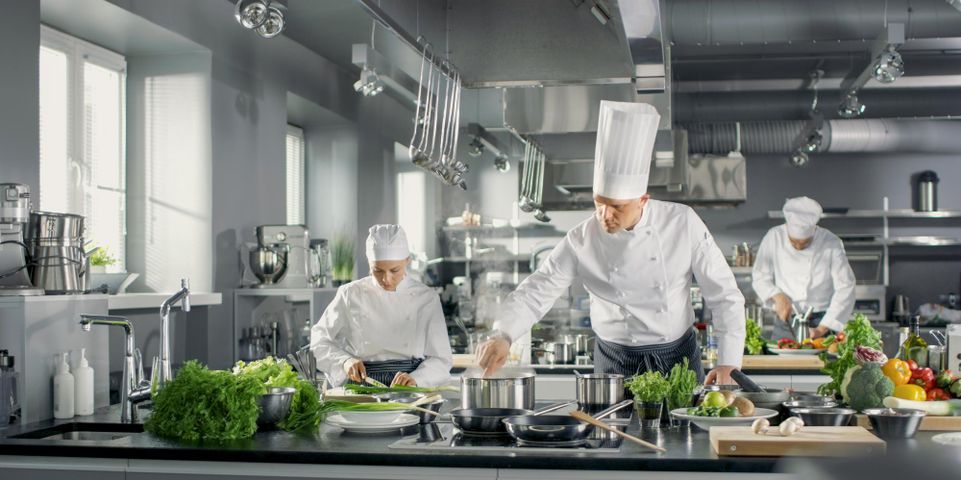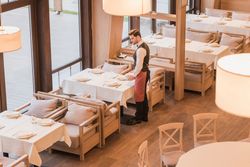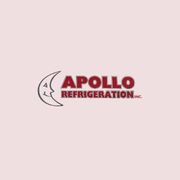What to Know About Installing and Maintaining Restaurant HVAC Equipment

The HVAC system is a crucial component of a restaurant business. It provides a comfortable temperature not only for the customers but for the cooking staff as well. In addition, it keeps the kitchen well-ventilated amid all of the boiling, frying, and grilling. Just as an HVAC contractor will tell you, maintaining a restaurant’s cooling and heating system could be a bit trickier than a residential HVAC.
How Does Restaurant HVAC Differ From Residential HVAC?
The main difference between residential and restaurant HVAC systems is the demand for ventilation and temperature control. A residential unit can only handle domestic cooking that involves preparing food for a relatively small number of people. However, restaurants typically have multiple staff members using several stove burners and ovens all at once to feed scores of people daily.
The extra heat and smoke generated in a restaurant kitchen compared to cooking at home can make for an uncomfortable and unsafe work environment. It can also raise humidity levels in the restaurant, which can accelerate food spoilage and undermine sanitary standards. As such, HVAC contractors need to install more robust systems in commercial kitchens.
What Are the Common Restaurant HVAC Issues?
Inefficient Ventilation
The ventilation process entails exhausting air and replacing it with outdoor air. However, air brought in can be high in moisture, thus increasing the humidity level indoors. It’s crucial to ensure that the restaurant HVAC system you’re using properly conditions the air from outside before bringing it in.
Overheating or Overcooling
 A restaurant’s kitchen can be sweltering hot because of the cooking process and equipment. On the other hand, the sitting area can be a bit too cold in the morning or during downtimes when there are fewer customers.
A restaurant’s kitchen can be sweltering hot because of the cooking process and equipment. On the other hand, the sitting area can be a bit too cold in the morning or during downtimes when there are fewer customers.
To prevent overheating and overcooling in various parts of the restaurant, have a flexible system installed that can accommodate the varying needs of each part of the building.
Contamination
Cooking byproducts such as grease, smoke, and even cleaning materials can contaminate the HVAC system. These contaminants can cause odors and hinder airflow.
Thus, it’s crucial to use a filter with an appropriate Minimum Efficiency Reporting Value (MERV) rating—a measurement of a filter’s effectivity in trapping small particles. There isn’t a standard MERV requirement for restaurants, but using filters with higher MERV ratings is ideal for commercial use.
If you need an HVAC contractor to maintain your commercial refrigeration system, check out Apollo Refrigeration. Serving Hamden, CT, and surrounding areas for more than 40 years, this HVAC contractor has a team that is well-versed in servicing commercial ice machines and walk-in refrigerators. They have licensed, bonded, and insured technicians, and they use cutting-edge tools and the latest techniques in the field. Call (203) 777-6291 or visit them online to learn more about their services.
About the Business
Have a question? Ask the experts!
Send your question

